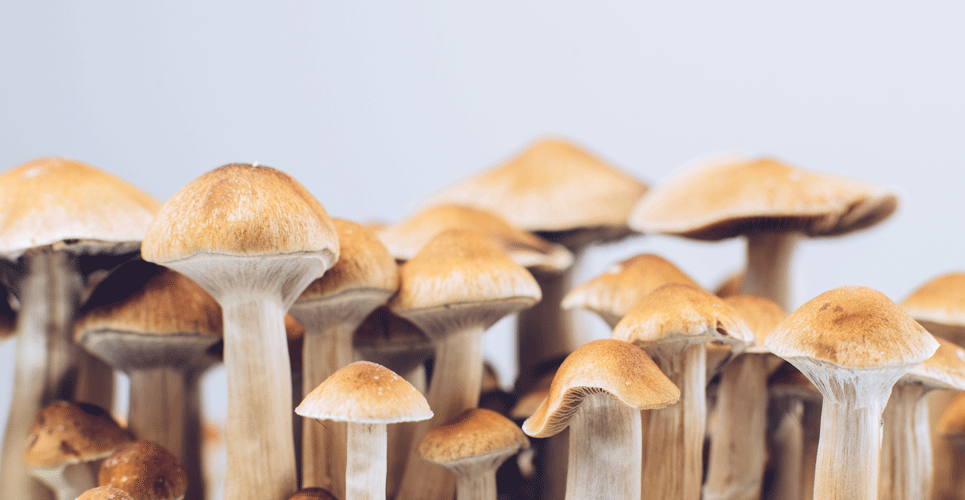Psilocybin given as a single dose is effective in patients with treatment-resistant major depression in as little as three weeks.
Using a single dose of psilocybin in conjunction with supportive therapy leads to a significant improvement in symptoms among patients with treatment-resistant major depression according to the findings of a study by an international team of researchers.
Treatment-resistant depression (TRD) is a subset of major depressive disorder which does not respond to traditional and first-line therapeutic options.
The estimated prevalence of TRD varies although, according to a 2021 US study, among 8.9 million adults treated for major depression, 2.8 million (30.9%) had TRD.
Psilocybin is the major psychoactive alkaloid of some species of mushrooms distributed worldwide and a known hallucinogen. Interest in the use of psilocybin to help with the depression and anxiety associated with advanced stage cancer, revealed a positive trend toward improved mood and anxiety.
More recently, two doses of the hallucinogen given to patients with major depression in the context of supportive psychotherapy, suggested that psilocybin combined with therapy is efficacious in the treatment of major depressive disorder.
To date, only a single, open-label feasibility trial has examined the value of psilocybin for the treatment of patients with treatment-resistant depression, offering support for its safety and efficacy and serving as the basis for further trials.
Consequently, in the present study, researchers recruited adults with TRD across 22 sites in 10 countries randomised them 1:1:1 to a single dose of psilocybin (10 mg, 25 mg) or 1 mg which served as a control. The treatment was given with a support session lasting six to eight hours and participants followed up for 12 weeks.
The primary endpoint was the change from baseline in the Montgomery-Asberg Depression Rating Scale (MADRS) total score which ranges from 0 to 60 with higher scores reflecting more severe depression. The researchers examined the change in scores for the 10 and 25 mg doses compared to the 1 mg dose.
Secondary outcomes included a response, defined as a > 50% decrease from baseline to Week 3 in the MADRS score and a sustained response, i.e. continuing from Week 3 to 12.
Psilocybin and treatment response
A total of 233 individuals with a mean age of 39.8 years (52% female) were included and randomised to each arm of the study (ranging from 75 to 79 participants). At baseline, 68% of the entire cohort had a MADRS score indicating severe depression.
The reduction in MADRS scores were -6.6 (95% CI -10.2 to -2.9) for the 25 mg dose (p < 0.001 vs 1 mg dose) and -2.5 (95% CI -6.2 to 1.2) for the 10 mg dose (p = 0.18 vs 1 mg dose).
At Week 3, a response was also more likely in those given 25 mg compared to 1 mg (Odds ratio, OR = 2.9, 95% CI 1.2 – 6.6) but this was not significant for the 10 mg dose (OR = 1.2, 95% CI 0.5 – 3.01). However, the response to treatment was not sustained at Week 12 for either dose.
Adverse effects included headaches (24%) and nausea (22%) and were much more common in the 25 mg dose group, although suicidal ideation or behaviour or self-injury was seen in each of the groups.
The authors concluded that psilocybin given as a single dose of 25 mg, but not 10 mg, reduced depression scores significantly more than a 1-mg dose over a period of three weeks but was associated with adverse effects, prompting the need for further studies of the treatment.
Citation
Goodwin GM et al. Single-Dose Psilocybin for a Treatment-Resistant Episode of Major Depression. N Eng J Med 2022.

